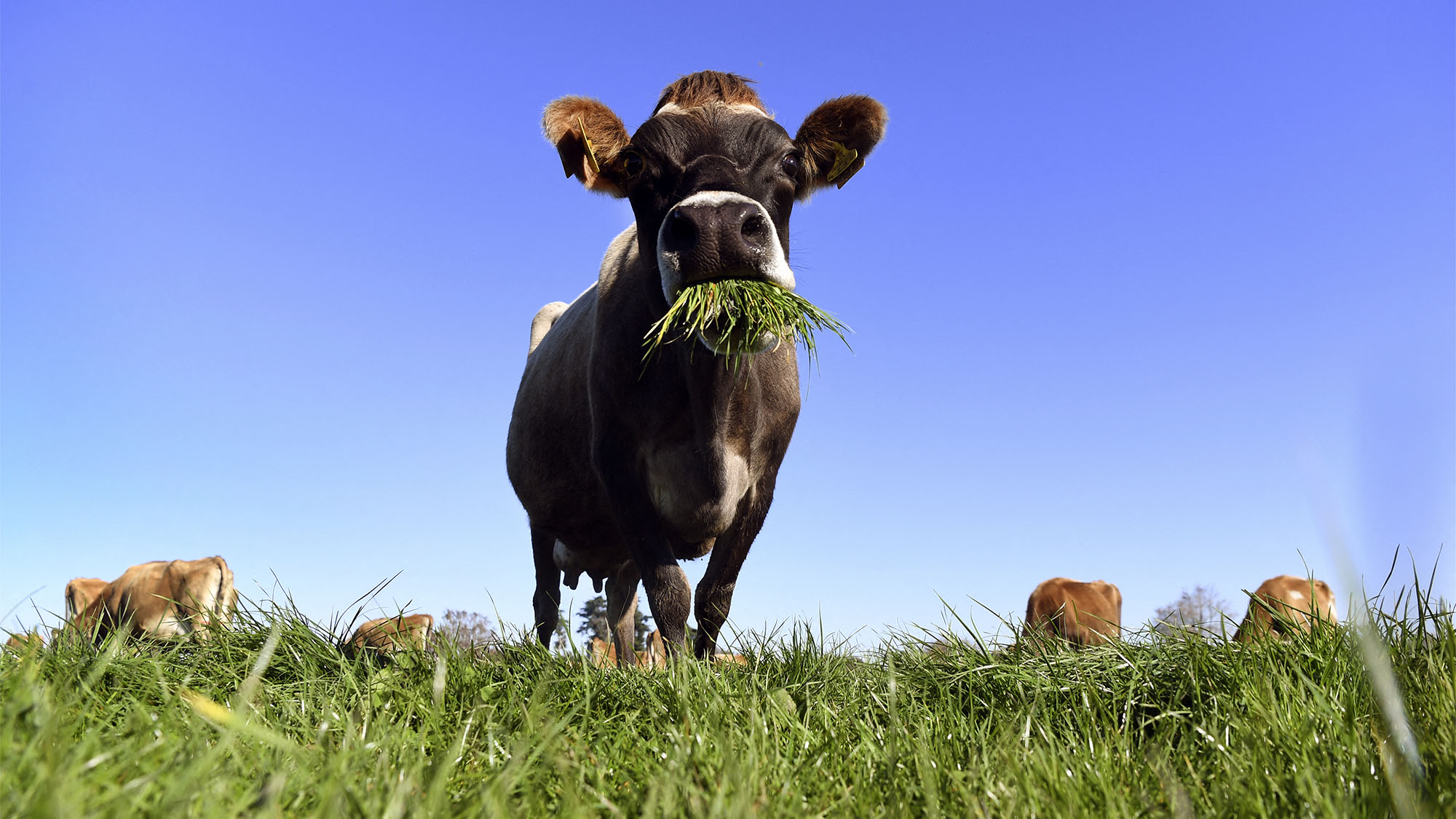The Week Unwrapped: A new human, ME and date-stacking
Does Homo sapiens have a new cousin? Are people with ME about to get better treatment? And is three dates in one day too many?
A free daily email with the biggest news stories of the day – and the best features from TheWeek.com
You are now subscribed
Your newsletter sign-up was successful
Olly Mann and The Week delve behind the headlines and debate what really matters from the past seven days. With Guy Anker, Suchandrika Chakrabarti and Arion McNicoll.
You can subscribe to The Week Unwrapped wherever you get your podcasts:
In this week’s episode, we discuss:
The Week
Escape your echo chamber. Get the facts behind the news, plus analysis from multiple perspectives.

Sign up for The Week's Free Newsletters
From our morning news briefing to a weekly Good News Newsletter, get the best of The Week delivered directly to your inbox.
From our morning news briefing to a weekly Good News Newsletter, get the best of The Week delivered directly to your inbox.
The human family tree
Our understanding of ancient human ancestry took a step forwards this week with the announcement that a skull belonging to a 12 or 13 year old who died about 300,000 years ago seems to have belonged to an entirely new branch of our family tree. It has a combination of bone shapes and structures that have never been seen together in any other skull – part Homo sapiens and part Denisovans, who are themselves a recently discovered cousin of the Neanderthals. What does this tell us about our past – and our present?
A better deal for people with ME
The government is proposing a new approach to treating the estimated 240,000 people in the UK with ME, also known as chronic fatigue syndrome. Its goal is to improve understanding of the debilitating condition and remove the remaining stigma attached to it. In the absence of a cure, effective treatments or even a diagnosis, efforts will focus on better managing symptoms and carrying out research into what causes the disease.
Date-stacking
A viral trend is courting controversy: date-stacking, or scheduling multiple dates in one day. While some people see it as ruthless, dismissive and logistically taxing, others find it perfectly understandable and extremely efficient. But is it on the rise, or is this a new term for old speed-dating? Is it driven by ticking biological clocks, or time poverty? Or are dating apps teaching us to treat people like disposable commodities? And how long does it really take to know if there’s a spark?
A free daily email with the biggest news stories of the day – and the best features from TheWeek.com
-
 Bonfire of the Murdochs: an ‘utterly gripping’ book
Bonfire of the Murdochs: an ‘utterly gripping’ bookThe Week Recommends Gabriel Sherman examines Rupert Murdoch’s ‘war of succession’ over his media empire
-
 Gwen John: Strange Beauties – a ‘superb’ retrospective
Gwen John: Strange Beauties – a ‘superb’ retrospectiveThe Week Recommends ‘Daunting’ show at the National Museum Cardiff plunges viewers into the Welsh artist’s ‘spiritual, austere existence’
-
 Should the EU and UK join Trump’s board of peace?
Should the EU and UK join Trump’s board of peace?Today's Big Question After rushing to praise the initiative European leaders are now alarmed
-
 The Week Unwrapped: Have televised confessions quelled protests in Iran?
The Week Unwrapped: Have televised confessions quelled protests in Iran?Podcast Plus, why has Elon Musk turned from Mars to the Moon? And will the BBC prove to be a puzzles champ?
-
 The Week Unwrapped: Why are there so many Russian ships in the Channel?
The Week Unwrapped: Why are there so many Russian ships in the Channel?Podcast Plus, what does a ‘feminist’ approach to cancer involve? And who is Mickey’s new boss?
-
 The Week Unwrapped: Why is China clearing out its generals?
The Week Unwrapped: Why is China clearing out its generals?Podcast Plus, can the Conservatives win back the centre? And what’s gone wrong with Britain’s hearing aids?
-
 The Week Unwrapped: What can we learn from a tool-wielding cow?
The Week Unwrapped: What can we learn from a tool-wielding cow?Podcast Plus, have we reached ‘peak billionaire’? When should troops disobey their superiors?
-
 The Week Unwrapped: Will Uganda’s pop-star politician prevail?
The Week Unwrapped: Will Uganda’s pop-star politician prevail?Podcast Plus, is dodgy data undermining medical research? And what does a new app reveal about Chinese society?
-
 The Week Unwrapped: Is Elon Musk’s AI tool a platform for abuse?
The Week Unwrapped: Is Elon Musk’s AI tool a platform for abuse?Podcast Plus can Mumsnet predict who will be the next PM? And who is still watching Avatar sequels?
-
 The Week Unwrapped: What’s the cost of PFAs?
The Week Unwrapped: What’s the cost of PFAs?Podcast Plus why is George Osborne joining OpenAI? And has universal basic income finally come of age?
-
 The Week Unwrapped: what’s scuppering Bulgaria’s Euro dream?
The Week Unwrapped: what’s scuppering Bulgaria’s Euro dream?Podcast Plus has Syria changed, a year on from its revolution? And why are humans (mostly) monogamous?